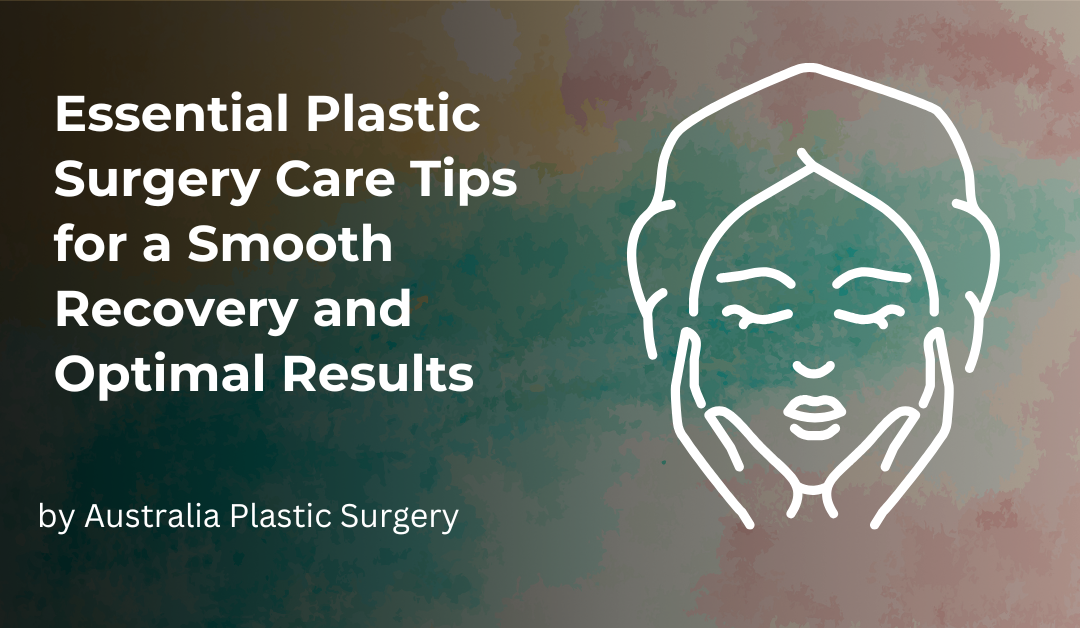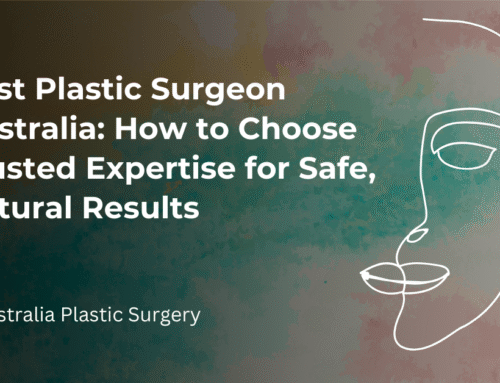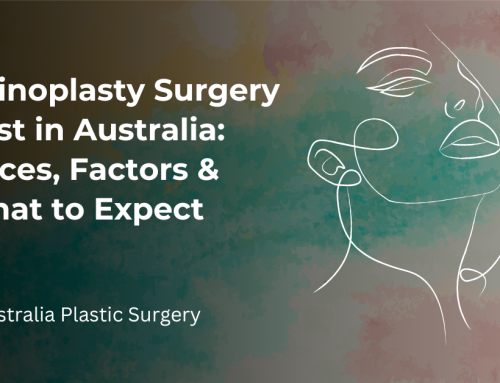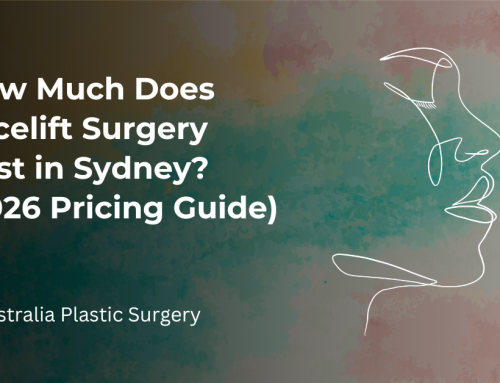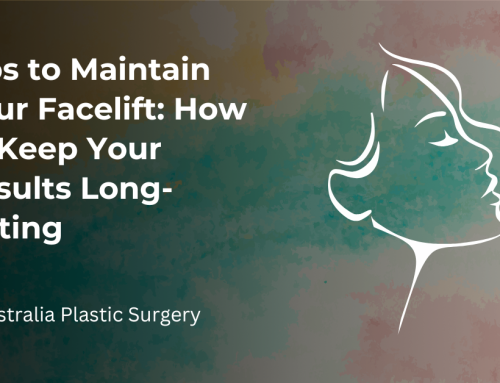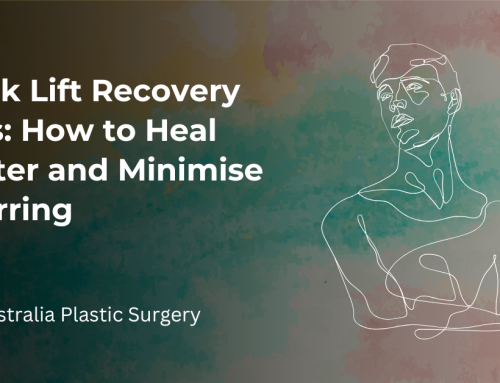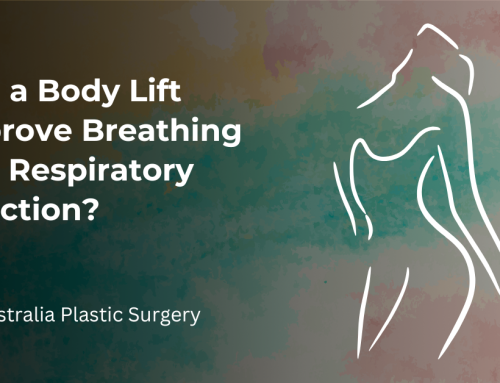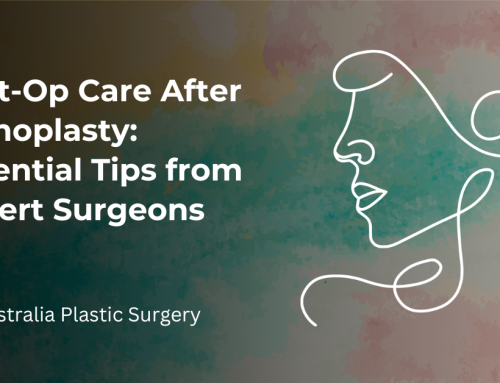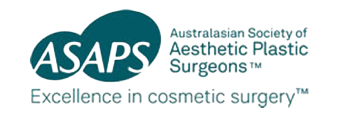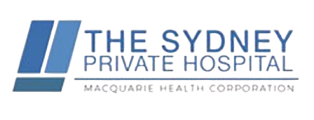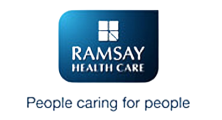Plastic surgery can offer life-changing improvements, but the key to achieving the best results lies not just in the procedure itself, but in the preparation and care that follow. Whether you’re undergoing cosmetic enhancement or reconstructive surgery, proper pre- and post-operative care is essential for a smooth recovery, reduced risks, and the best aesthetic outcome. Here are the top plastic surgery care tips to guide you through your plastic surgery journey.
Pre-Surgery Preparation: Setting the Stage for Success
Choosing the Right Surgeon
Selecting a highly qualified and board-certified plastic surgeon is the most crucial decision you will make. It’s important to choose someone with a proven track record of success in the specific procedure you wish to undergo. Your surgeon should provide you with detailed information about the procedure, risks, and expected outcomes. Don’t hesitate to ask questions about their experience and the support team available to you before, during, and after surgery.
Expert surgeons, like those at Australia Plastic Surgery, understand the significance of a transparent consultation. During this stage, they assess your expectations, clarify any concerns, and customise the surgical plan to suit your unique needs.
Medical History and Risk Assessment
Before surgery, it’s essential to share your full medical history with your surgeon, including any pre-existing conditions like diabetes, hypertension, or blood clotting disorders. These factors can affect your surgery’s outcome and recovery, so a comprehensive health assessment is necessary. Blood tests and imaging may be required to ensure your readiness for surgery.
A well-prepared patient is more likely to have a smoother surgery and recovery process. If your surgeon finds any potential issues, they may adjust the plan or suggest alternative approaches to reduce risk.
Preparing Your Body for Surgery
One of the most important aspects of surgery preparation is taking care of your body. Ensure that you eat a balanced diet rich in vitamins, minerals, and protein to help support your immune system and recovery process. Staying hydrated and getting adequate rest before surgery will promote faster healing.
Australia Plastic Surgery stresses the importance of stopping smoking and alcohol consumption before surgery, ideally 2-4 weeks in advance. Both smoking and alcohol can hinder the healing process, affecting circulation and tissue regeneration.
Additionally, you may need to adjust your medication regimen. For example, avoiding blood thinners, anti-inflammatory drugs, and herbal supplements that may increase the risk of bleeding is essential.
Planning for Post-Surgery Recovery
Arrange for help at home during your recovery period. Post-operative care often involves limited mobility, and assistance with basic tasks like meal preparation and personal care can be invaluable. Make sure to set up your recovery space comfortably, with easy access to everything you need.
Schedule sufficient time off work or other activities so you can focus entirely on your recovery, which typically requires several weeks depending on the complexity of your surgery.
Post-Surgery Care: Ensuring a Safe and Smooth Recovery
Rest and Recovery: Listening to Your Body
Following surgery, it’s essential to listen to your body. The healing process requires ample rest, especially in the first few days after surgery. Getting plenty of sleep boosts your immune system and accelerates the healing process. Strenuous activities, lifting, or bending can strain the surgical area, so it’s vital to limit physical exertion during this phase.
Australia Plastic Surgery highlights that rest is essential for both physical and mental recovery, allowing the body to repair and rejuvenate.
Managing Swelling and Bruising
Swelling and bruising are common after surgery, especially in procedures like facelifts, rhinoplasty, or liposuction. While these symptoms are temporary, you can take steps to manage them effectively. Applying cold compresses to the affected area in the first 48 hours can help minimise swelling. Elevating the affected areas when possible can also help reduce fluid retention.
Over-the-counter remedies and following your surgeon’s guidelines for post-operative care will help speed up the healing process. Australia Plastic Surgery advises patients to expect some discomfort and gives clear instructions on how to manage it.
Wound Care and Dressing
Keeping your surgical site clean and protected from infection is crucial. Your surgeon will provide you with specific instructions on how to care for your incisions, including the use of antiseptics and the proper way to change dressings. Always follow these guidelines to ensure optimal healing and to minimise the risk of infection.
Australia Plastic Surgery emphasises that avoiding pressure on incisions and wearing loose clothing that doesn’t rub or irritate the area is key to preventing complications.
Medications and Pain Management
Pain management is an essential part of the recovery process. Your surgeon will prescribe painkillers and antibiotics to help you manage discomfort and reduce the risk of infection. It’s important to take these medications as instructed, without exceeding the recommended dosage. Do not self-medicate or rely on over-the-counter medications without consulting your surgeon.
Always ask your surgeon for advice on managing pain without becoming reliant on medications, especially if the discomfort persists longer than expected.
Nutrition and Supplements: Helping Your Body Heal Faster
Eating for Recovery
Your body requires additional nutrients to support the healing process after surgery. Consuming a protein-rich diet is essential as it helps in tissue repair. Additionally, foods rich in vitamins C and K, such as citrus fruits, leafy greens, and bell peppers, are particularly important for collagen production and skin healing.
Australia Plastic Surgery advises a well-balanced diet to aid your recovery, including foods like lean meats, eggs, and whole grains, which will help your body recover efficiently.
Supplements to Aid Healing
While a healthy diet is crucial, certain supplements can also aid in the healing process. Vitamin C supports collagen production, which is vital for wound healing. Zinc, vitamin A, and collagen peptides are all beneficial for skin regeneration. Australia Plastic Surgery often recommends discussing any supplements you’re considering with your surgeon to ensure they’re safe and appropriate for your specific needs.
Herbal remedies such as arnica and bromelain are known for their anti-inflammatory properties and may help with swelling and bruising.
Foods to Avoid
Certain foods can hinder the healing process. Highly processed foods, excessive salt, and sugary snacks can increase inflammation and slow down your recovery. Smoking, alcohol, and foods that may cause blood thinning should be avoided as they can interfere with the healing process.
Complications: What to Watch Out For
Signs of Infection
Infections, while rare, can occur after surgery. It’s essential to be aware of the signs, such as redness, warmth, unusual discharge, or fever. If you suspect an infection, contact your surgeon immediately. Prompt treatment is crucial to prevent complications.
Maintaining proper hygiene, following wound care instructions, and attending follow-up appointments will help reduce the risk of infection.
Scarring: Minimising and Managing
Scarring is an inevitable part of the healing process. However, with proper care, scars can be minimised. Australia Plastic Surgery advises patients to use silicone sheets or gels to help reduce scar formation and improve the appearance of scars over time. Moisturising the area and avoiding direct sunlight are also key in managing scars.
Some patients may opt for laser therapy or other treatments after the healing process to further reduce the appearance of scars.
Dealing with Psychological Impact
Recovery isn’t just physical—it can be emotional too. It’s not uncommon to experience mood fluctuations or body image concerns during the recovery period. Psychological support, whether from a therapist or support group, can be invaluable during this time.
Australia Plastic Surgery encourages patients to maintain a positive outlook and seek help if they find themselves struggling with the emotional aspects of recovery.
Long-Term Care: Maintaining Your Results
Ongoing Skincare
Maintaining your results requires long-term skincare. Depending on the procedure, you may need to follow a strict skincare regimen to keep your skin healthy and rejuvenated. Regularly moisturising and using SPF is essential to protect your skin from the sun, which can cause premature ageing or damage.
Resuming Exercise and Physical Activity
While exercise is essential for overall health, it’s important to wait until your surgeon clears you before resuming strenuous activities. Start with gentle exercises and gradually increase intensity to avoid straining the healing body.
Sun Protection: Essential for Lasting Results
Sun exposure is one of the leading causes of premature ageing and can be particularly damaging after plastic surgery. Always wear a broad-spectrum sunscreen with SPF 30 or higher, even on cloudy days. Australia Plastic Surgery advises patients to avoid direct sun exposure, especially to the treated areas, for several months after surgery.
Regular Follow-Up Appointments
Regular follow-up appointments with your surgeon are vital to monitor your healing process and to address any concerns. These checkups help ensure that your results are progressing as expected and give you the opportunity to ask any questions about your recovery.
Conclusion
Proper pre- and post-operative care is the key to achieving the best results from plastic surgery. Following your surgeon’s advice, maintaining a healthy lifestyle, and committing to your recovery process will help you achieve long-lasting and satisfying results. Whether it’s your first surgery or a repeat procedure, the care you take before, during, and after surgery directly impacts your outcome.
By staying informed, listening to your body, and seeking professional guidance, you can ensure a smooth and successful recovery, leading to a new chapter of confidence and well-being. Visit Australia Plastic Surgery today and schedule your consultation with our expert plastic surgeon in Sydney.

